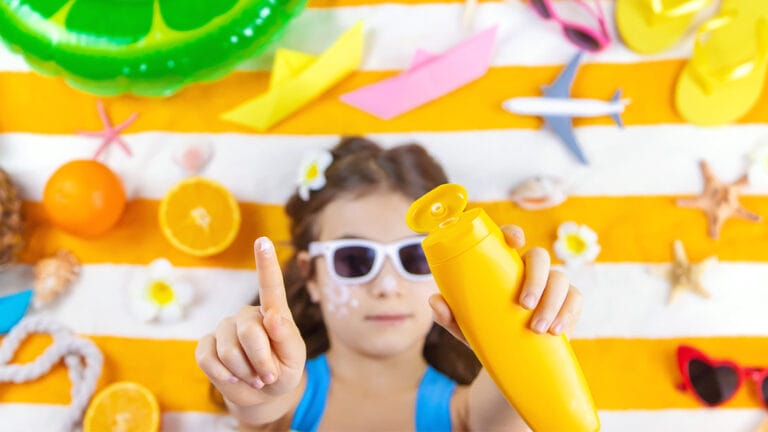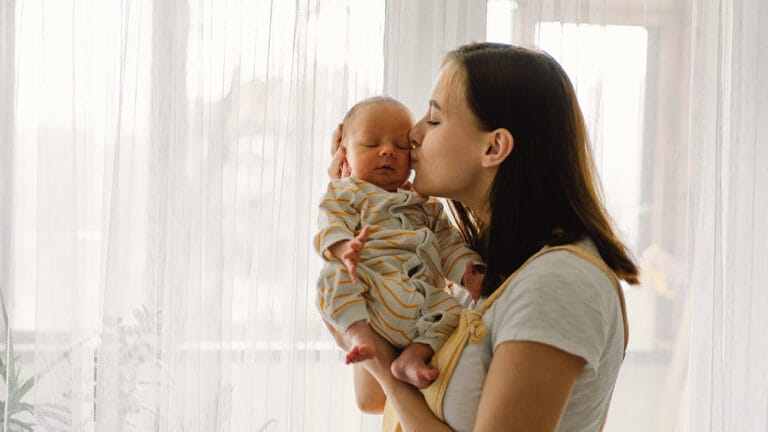Have I made anyone uncomfortable yet? Sometimes just thinking of these things can make someone sick; have you ever seen anyone gag or even vomit just seeing someone else vomit? We have been seeing a lot of these symptoms in clinic lately. Diarrhea of 3 or more loose/watery stools per day mixed with possible vomiting, belly pain, body aches or fever are common symptoms of viral gastroenteritis. Viral. There it is, that key word that most parents hate to hear. Doctors do not treat viral gastroenteritis with antibiotics. That’s because antibiotics treat infections that are caused by bacteria – not viruses. This means we don’t have any amazing treatments to make it go away; we are focused on supportive care and watching for what we call “red flags”.
Often these symptoms last less than one week, but they shouldn’t last more than 2 weeks. That’s your first red flag. If symptoms are lasting longer than two weeks, your child needs to be seen in clinic. If symptoms are more severe, they should be seen after only a few days of symptoms. What are other red flags or what else should they be seen for?
- Blood in vomit or stool
- Any symptoms of dehydration
- Severe abdominal pain
- Hasn’t needed to urinate for 6-8 hours or if your baby or young child hasn’t had a wet diaper in 4-6 hours.
- Hasn’t had anything to drink for a few hours.
Is there anything you can do to help your child feel better? Yes. It is important that they drink enough fluids so they don’t get dehydrated.
Some fluids help prevent dehydration better than others:
- Older children can drink sports drinks
- Babies and young children do best with “oral rehydration solution,” such as Pedialyte. If your child is vomiting, try giving them only a few teaspoons every few minutes. My kids like the Pedialyte popsicles the best!
- Babies who breastfeed can continue to breastfeed.
Kids with viral gastroenteritis should avoid drinks with a lot of sugar, like juice or soda. These can make diarrhea worse.
If they can keep food down, it’s best to eat lean meats, fruits, vegetables, and whole-grain breads and cereals. Avoid eating foods with a lot of fat or sugar, which can make symptoms worse. Traditionally, the “BRAT” (bananas, rice, applesauce, toast) diet was recommended, but it has now been determined that we don’t need to be quite so restrictive.
Do not give medicines to stop diarrhea to children.
Most kids will not need any treatment, because their symptoms will get better on their own. If they have severe dehydration, they might need treatment with intravenous fluids. This involves getting fluids through an “IV” (a thin tube that goes into the vein).
If you ever have any concerns, feel free to call our excellent triage nurses or make an appointment with one of our providers. We love guiding you through this and any other illnesses you may face. Here is to strong and healthy kids!






